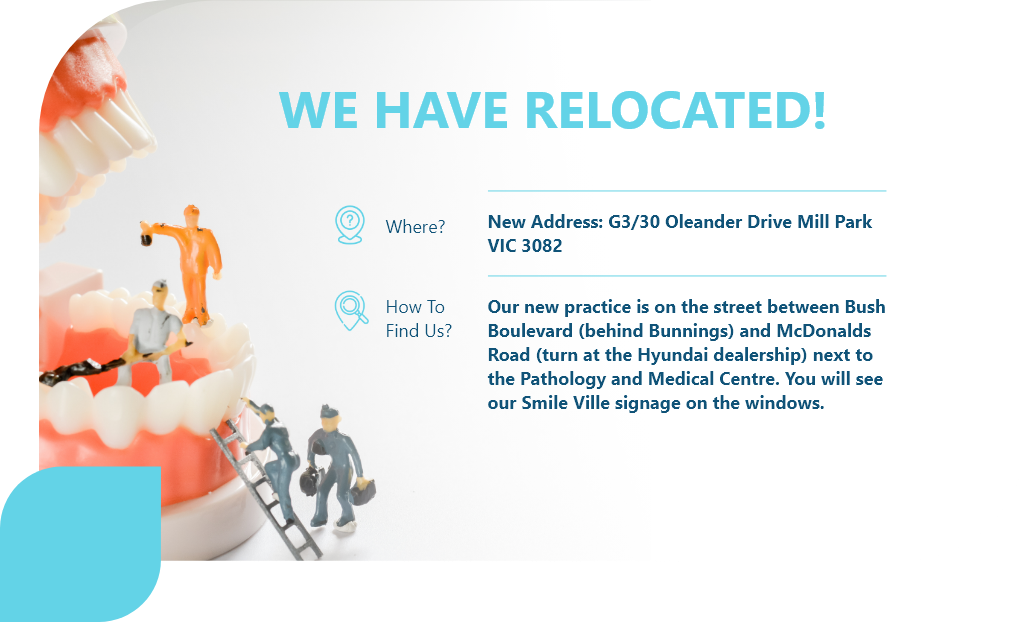Wisdom teeth usually appear between the ages of 17 and 25 as part of the third set of molars in the mouth. While these molars don’t always cause problems, they can crowd other teeth and lead to painful toothaches, gum diseases and oral infections.
Many people choose to have their wisdom teeth removed by an oral surgeon or by a general dentist. Although wisdom teeth are often considered unnecessary, they do have a purpose. They help grind tough food and are beneficial for people who have lost other molars due to decay or injury. In some cases, wisdom teeth can be used as anchors for dental implants or bridges.
The problem, however, arises when the wisdom tooth is impacted. This happens when it does not have enough room to grow fully or may only erupt partially through the gum tissue.
10 Signs You May Have Impacted Wisdom Teeth
1. Toothache and Pain Along the Jaws
There are many potential causes of toothache and jaw pains, including cavities, tooth decay and gum disease but one of the most compelling reasons is having an impacted wisdom tooth. This can even cause pain, inflammation and damage to adjacent teeth.
The best way to confirm this is to visit your trusted dental service provider in South Morang for an evaluation. You may need to take X-rays (Panoramic) for your dentist to determine if the impacted wisdom tooth is indeed the source of pain.

2. Swollen Gums and Lower Face
If you have swelling in your mouth or on your lower face, it may be due to impacted wisdom teeth. When this molar becomes impacted, it tends to push the surrounding teeth and cause the gums to swell. In some cases, it may also lead to infections, hence, causing your lower cheeks to swell.
3. Bad Taste in the Mouth
If you have bad taste in your mouth, one common cause may be impacted wisdom teeth. This tends to push against nearby molars and cause crowding of the other teeth. This creates tiny openings that allow food and bacteria to accumulate, leading to unpleasant breath and producing an awful taste.
4. Bleeding Painful Gums
Wisdom teeth are called such because they typically come around the age when people become more mature and wiser. However, not everyone has enough room in their mouths for these molars, leading them to grow in an irregular position.
When this happens, the tooth tends to erupt through the gum line improperly and causes varying problems, including pain, swelling and bleeding gums. In some cases, the gums are even sensitive to touch, causing too much discomfort.
5. Difficulty Opening the Mouth Wide
Generally, impacted molars result in overcrowding which causes the teeth to grow at an angle. This leads to the teeth becoming trapped beneath the gum tissue or pressing against other teeth.
The impaction causes pain and swelling in the gum tissue, making it difficult for the patient to open their mouth. In this light, your dentist may recommend removing the impacted teeth to prevent further complications.

6. Teeth Sensitivity
When impacted wisdom teeth push on the roots of your other teeth, it causes the roots to become inflamed and irritated. This leads to increased sensitivity to extreme temperatures and hot or cold food and beverages.
Impacted molars can also damage the surrounding bone and gum tissue, which further contributes to sensitivity. If you are experiencing sensitivity, it is important to see your dentist so they can assess the situation and determine the best course of treatment.
While impacted wisdom teeth can be a source of significant discomfort, with prompt treatment, you can successfully manage their growth as well as your oral health.
7. Difficulty Chewing Food
When your wisdom tooth is impacted, it may grow sideways, forward or backward. The angular position of the molar makes it difficult for a person to chew their food. In some cases, the resulting pain, bleeding and swelling of gum tissues also make it harder to eat or even speak.
8. Sore Throat and Difficulty Swallowing
Impacted wisdom teeth are a common source of sore throat as the swelling can put pressure on your throat, which leads to pain and soreness. In most cases, sore throat is also accompanied by difficulty in swallowing.
9. Earache, Headache and Neck Pain
Impacted molars often lead to overcrowding in the mouth, which simulates the nerves and tissues surrounding or adjacent to the affected site. When this happens, the pressure that the structures receive causes pain radiating to the ears, head and neck. This is especially the case when the impaction is accompanied by infection.
10. Abscess Around the Wisdom Tooth
Oral impaction causes all sorts of problems, including abscesses. This is a pus-filled pocket that forms around the impacted tooth. It occurs when the molar breaks through the gum line and doesn’t have enough room to grow. It then damages the nerves and blood vessels in the area, leading to infection and the formation of abscessed.
When you experience any of these 10 signs, it may be best to book an appointment with your dentist. Remember that if this dental condition is not treated promptly, it may result in serious oral health problems.
While impacted wisdom tooth is often removed surgically, many dentists strive to save every tooth you have. So, it is best to visit your dental care provider immediately on the first sign of impaction.





